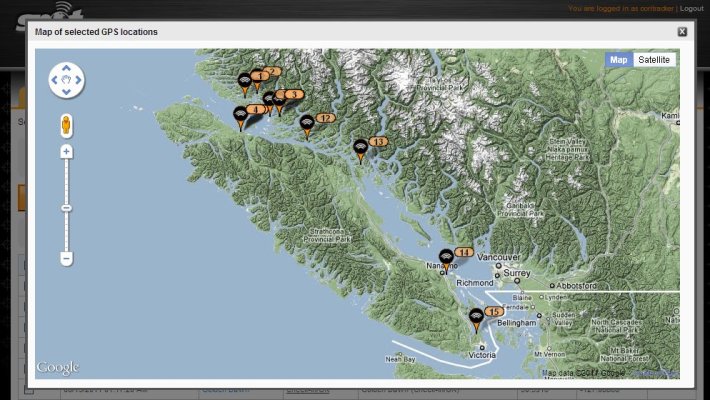Besslb
Guru
Float Plans. do you use them?* What forms do*you use?* Who do you file them with? What information is on yours?
In our short time and short cruises, I use a simple generic document and file with my home dockmaster, and Tom's Dad.* Since he is our emergency contact.* The information is usually approximate motoring times, dates, distances, intended stops and marina contacts*along the way, and all persons/dog on board.
What do* you guys do?
*
In our short time and short cruises, I use a simple generic document and file with my home dockmaster, and Tom's Dad.* Since he is our emergency contact.* The information is usually approximate motoring times, dates, distances, intended stops and marina contacts*along the way, and all persons/dog on board.
What do* you guys do?
*

